Do These 8 ‘Miracle’ Foods Really Live Up to the Hype?
Certain so-called superfoods seem to be everywhere. They're said to ward off cancer, help with weight loss, extend your life, even whiten your teeth. But do these "miracle" foods really live up to all the hype? To find out, we interviewed experts and pored over research. Here's what we learned about apple cider vinegar, avocados, red wine, and more.
Coconut oil
The hype: Almost three-quarters of people in a recent survey said they thought coconut oil was healthy. No doubt that’s because of claims that it protects against heart disease (because it boosts HDL or “good” cholesterol), arthritis, Alzheimer’s, and diabetes; while also helping you lose weight, thanks to a particular kind of fat that your body may metabolize differently than others.
The reality: The American Heart Association (AHA) issued a recent statement that flat out recommended against using coconut oil. Why? A high level (82%) of really-bad-for-you saturated fat. Multiple studies confirm that coconut oil actually raises “bad” LDL cholesterol.
The bottom line: The AHA statement pretty much said it all. If you do go for coconut oil (we know it tastes good), practice extreme moderation. “One tablespoon a day provides nearly the recommended limit of saturated fat for the entire day for most adults,” cautions Malina Malkani, a registered dietitian nutritionist and spokesperson for the Academy of Nutrition and Dietetics.
Chocolate
The hype: Chocolate supposedly staves off heart disease thanks to copious amounts of flavonoid antioxidants. It may also cut the odds of a stroke and improve memory and attention as we age.
The reality: Chocolate may protect against heart disease, stroke, and diabetes—but only dark, purer forms of chocolate. Once it’s been processed into prettily packaged treats beckoning from store shelves, it’s basically just sugar and fat.
The bottom line: A little of the right kind of chocolate may help reduce blood pressure, but a lot of any kind of chocolate will backfire. “The darker the chocolate the better,” says Malkani. Look for a cocoa content of 70% or more. And stick to one or two squares a day at most.
Butter
The hype: Butter is back! Unjustly vilified for so many years, the stuff is actually good for you.
The reality: A lot of the hype stemmed from one 2014 study which found that eating less saturated fat may not cut your risk for heart disease. But that’s a whole lot different than saying eating saturated fat is good for your health.
The bottom line: Don’t become a daily disciple of Julia Child’s high-fat recipes just yet. The current science still tells us to replace saturated and trans fats with unsaturated fats (think olive oil). If butter has a role, it may be to up your intake of indisputably healthy foods: “If used mindfully and sparingly, it can enhance the flavor of vegetables you might otherwise not enjoy,” says Malkani.
Avocado
The hype: Avocado, the poster child for “good” fats for decades, is rumored to reduce the risk of a host of health ills—obesity, diabetes, heart disease and others—and help you live longer too.
The reality: The fruit’s long-standing reputation may be well-deserved. “There is a large body of evidence that an avocado-rich diet high in monounsaturated fats helps lower LDL or bad cholesterol and raise HDL,” says Malkani. It may also ease pain from osteoarthritis.
The bottom line: Avocado every day may help keep the doctor away. But f you’re trying to lose weight, remember that one serving is actually only one-third of one fruit, says Malkani. Now-trending avocado oil is another matter, warns dietician Sandra Arevalo, director of nutrition services and community outreach at Montefiore Health System's Community Pediatrics in New York City. "The put a lot of additives in [avocado oil] so we have to be careful."
Red wine
The hype: Red wine may be the one thing standing between you and heart disease and diabetes.
The reality: This may not be just wishful thinking. Studies going back decades have found a lower risk of heart disease and type 2 diabetes among people who drank moderate amounts of red wine compared to those who didn’t drink at all. But overdo it on the vino and you could end up with heart disease, liver disease, and cancer. A 2017 report found that even very small amounts of alcohol may increase the risk for breast cancer.
The bottom line: There’s a fine balance. “[Red wine] is good in moderation,” says Arevalo. The AHA recommends women consume just one alcoholic drink a day (that's 4 ounces of red wine), and that men stick to two.
Apple cider vinegar
The hype: The grapevine claims apple cider vinegar can whiten your teeth, lower blood sugar, fight infection, keep heart disease and cancer at bay, and oh so much more
The reality: Apple cider vinegar may lower blood sugar and help you feel full, but so do other kinds of vinegar. The same with losing weight. It’s not clear if apple cider vinegar has any use against cancer and heart disease. And it looks like it doesn’t help heal wounds. As for your teeth, not only will vinegar not lead to pearly whites, it can also erode enamel.
The bottom line: Apple cider vinegar is a good addition to salads, but don't consider it a potential panacea for health woes.
Coffee
The hype: Where do we even start? The supposed health benefits of coffee include lowering your risk of type 2 diabetes, liver disease, and heart disease while generally helping you live longer. It may treat Parkinson’s and keep your memory sharp.
The reality: Many of these benefits may be real. Caffeine has been shown to improve movement in Parkinson’s patients, while both caffeinated and decaf coffee may lower your risk of type 2 diabetes. Java is also linked with a reduced risk of several types of cancer including colon and prostate (but an increased risk of lung cancer).
The bottom line: The evidence applies to black coffee, not coffee laden with cream, sugar and syrup. Most studies show the benefits of caffeine come from about 400 milligrams—the amount on three to five 8-ounce cups of home-brewed coffee, say Malkani. If you are hypertensive, talk to your doctor, as caffeine can cause short-term blood pressure spikes. But if you don’t drink coffee now, experts says it's not worth starting the habit. (Same goes for wine.)
Lemon water
The hype: Water garnished with a little lemon is reputed to help digestion, speed weight loss, keep you hydrated, and prevent kidney stones.
The reality: The benefit of lemon water probably stems from the water part, not the lemon part, even though lemon has vitamin C. Water is good for you, and most of us don’t get enough.
Bottom line: Drink lots of water every day, with or without lemon. “I don’t think it’s a superfood. It’s just a wonderful way to vary the flavor of water,” says dietician Sharon Zarabi, director of the bariatric program at Lenox Hill Hospital in New York City. “For those who have trouble taking in 6 to 8 cups a day, lemon might make it a little bit more refreshing.”
By Amanda Gardner and Toscani
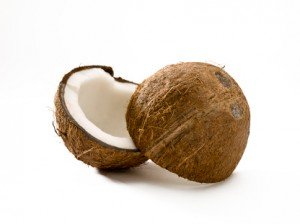
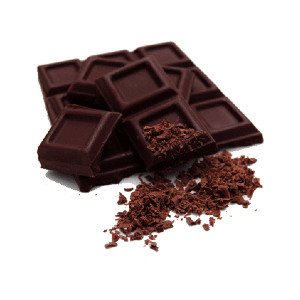
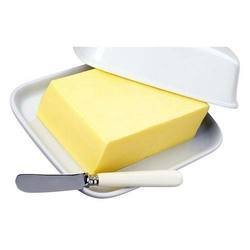
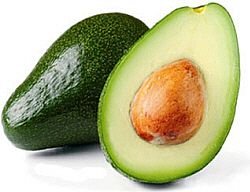
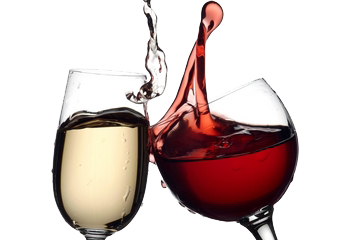
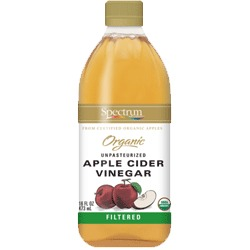

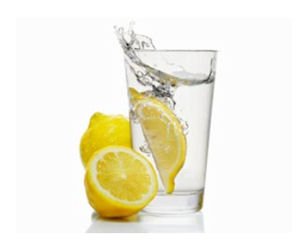
Hi! I am a robot. I just upvoted you! I found similar content that readers might be interested in:
http://www.poboonews.com/articlenew/48734754.html